 So, yours truly has a big lecture gig coming up next week in which I will once again be sharing the history of Mount Olivet and discussing the lives of some of those individuals buried within it. My host is Baltimore’s legendary Enoch Pratt Free Library and my presentation will be part of their monthly Lunch and Learn Series sponsored by the Maryland Four Centuries Project, a grassroots, non-profit, independent program, laying the foundation for the commemoration of Maryland’s 400 years as a colony and state. Unfortunately, I won’t be “performing” in person in “Charm City” due to Covid-19 restrictions, but rather this will be a virtual event in which I will be presenting via the Zoom video conferencing platform (over the internet) from the cozy, confines of my desk within our Mount Olivet administration offices located in the mausoleum chapel complex. 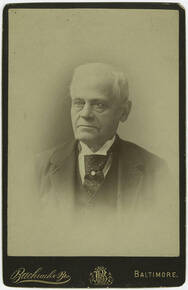 Enoch Pratt Enoch Pratt In preparing my program, I naturally sought out connections between Mount Olivet and my host site (and its founder), Enoch Pratt (1808-1896). I found interesting links to both the library and the man, himself, whose philanthropic gesture made this library system possible back in 1882. Interestingly, I found my connectors “etched in stone,” both literally and figuratively. Two past “Stories in Stone” feature cemetery residents with definitive ties to this American businessman, born and raised in Massachusetts. Mr. Pratt would later move south to the Chesapeake Bay area and became devoted to the civic interests of the city of Baltimore. Beginning in the 1830s, he earned his fortune as an owner of several business interests, starting out as a hardware wholesaler. This later expanded into railroads, banking and finance, iron works, steamship lines and other transportation companies. Back in July, 2017, I wrote a story titled Breakfast at Tiffany’s…or McDannolds. It was about a wealthy, young man named John Knight McDannold (b. 1874), who died on his way to Cuba for a pleasure trip in the winter of 1899. McDannold’s maternal grandfather, John Knight (1806-1864), is buried in the same plot, and had accrued a large fortune due to his successful operation of mercantile businesses and cotton plantations in Natchez, Mississippi before the Civil War. Mr. Knight eventually moved to coastal southern France for health reasons, and while abroad, had Enoch Pratt oversee his financial holdings here stateside, while Pratt’s close friend, George Peabody, minded Mr. more of Knight’s money during Knight's stay in Europe. John Knight died in 1864 In France, but he had amassed a fortune which allowed his family to have his body brought back to the US and, in particular, Frederick, for burial. Area F/Lot 53 contains some stately monuments for not only Mr. Knight and his wife (Frances Z. S. (Beall) Knight), but also his daughter (Fanny K. (Knight) McDannold) and playboy grandson John Knight McDannold, whose grave stone was crafted by Tiffanys of New York. Thank you Mr. Pratt and Mr. Peabody—talk about a financial “dream team?” Although not direct, another past “Story in Stone” which would have “future” Enoch Pratt implications was entitled “The Steiner Stone.” This blog was about the gravestone of Jacob Stoner (1713-1748), one of Frederick’s first German/Swiss settlers. He came here in the 1730s and built the famed Mill Pond House (no longer standing) and owned much of the lands that now comprise the Worman’s Mill development north of Frederick City, located off MD route 26. Stoner would also build one of Frederick Town’s first hotels on the southwest corner of Frederick’s Square Corner (Market and Patrick streets). This is the site of Colonial Jewelers today. Stoner’s gravestone, like that of the Knights and McDannolds, is pretty remarkable as I venture to say that I believe it to be the oldest, formal surviving gravestone in western Maryland as it dates to 1748, the year our county was founded. Okay, so how does this connect to Enoch Pratt or his library? Well, Jacob Stoner’s premature death at age at 35 left a widow and children. One of these was Capt. John Stoner(1735-1792), or as this family would revert back to the German spelling of the name—Steiner. Capt. John had a son Henry (1764-1831) who in turn had a son named Christian (1797-1862) who is buried in Mount Olivet’s Area C/Lot165. One of this Christian’s sons is our main person of interest for this week’s story. His name was Lewis Henry Steiner, and he would serve as the first librarian of the Enoch Pratt Free Library. Lewis’ son, Bernard, would follow in his father’s footsteps at the Baltimore-based bibliotheque. These two "book-worthy" gentlemen are buried in Area G/Lot85 and make for fascinating “Stories in Stone.” Lewis Henry Steiner Talk about a great backstory. Lewis Henry Steiner was clearly a man of his times—well-educated, well-traveled, and well-accomplished. John T. Scharf’s History of Western Maryland, published in 1882, features an illustration (above) and character sketch of Lewis Henry Steiner which I will include here: “Hon. Lewis Henry Steiner, M.D., was born in Frederick City on the 4th of May, 1827. His father, Christian Steiner, born Jan. 14, 1797, and his mother, Rebecca Weltzheimer, born April 20, 1802 were both natives of Frederick. Dr. Steiner is a great-great-grandson of Jacob Steiner, who emigrated from Germany to Frederick County, and a great-grandson of John Steiner, who was born about 1735, in Frederick County, about three miles from the present residence of Dr. Steiner; commanded a company of militia against the Indians in 1775, and was a member of the Committee of Observation for Frederick County during the Revolutionary War. Dr. Steiner was prepared for college at Frederick Academy, and entered the sophomore class of Marshall College, Mercersburg, Pa., in 1843, receiving in 1846 the degree of A.B., and in 1849 that of A.M. He studied medicine with Dr. William Tyler, of Frederick, and graduated from the University of Pennsylvania in 1849 with a degree of M.D., commencing the practice of his profession in his native city in 1850. In 1852, he removed to Baltimore, where he associated with Dr. J.R.W. Dunbar for several years in the conduct of an institution for medical instruction. In 1853, he was appointed Professor of Chemistry and Natural History at Columbia College, Washington, and Professor of Chemistry and Pharmacy at the National Medical College of the same city; in 1854, Lecturer on Chemistry and Physics at the College of St. James, Maryland; in 1855, Lecturer on Applied Chemistry at the Maryland Institute; and in 1856, Professor of Chemistry at the Maryland College of Pharmacy. In 1852 he was elected a member of the American Medical Association; in 1853, Fellow of Medical and Chirurgical Faculty of Maryland, and in the same year member, and in 1874, Fellow, of the American Association for Advancement of Science; in 1855 he was elected correspondent of the Academy of Natural Sciences, Philadelphia; in 1869, corresponding member of the Maryland Academy of Sciences; in 1872, member , and in 1876, Vice-President , of the American Public Health Association; and in the latter year member of the International Medical Congress (Philadelphia); in 1876, Fellow, in 1876 and 1877, Vice-President, and in 1878, President, of the American Academy of Medicine. In 1861, Dr. Steiner returned to Frederick, where he has since resided. At the outbreak of the Civil War, he took an active interest in the Union cause, assisted in raising troops, and when the Sanitary Commission was organized, in 1861, he was appointed inspector, and in 1863 chief inspector, and assigned to the Army of the Potomac. In this service, he labored indefatigably until the close of the war, and distinguished himself so greatly by his zeal and skill that in 1868, in recognition of his services, he was elected by the New York Commandery companion (third class) of the Military Order of the Loyal Legion of the United States. After the close of the war, he took great interest in adapting the system of public education to the changed condition of affairs, and as president of the school board of Frederick County from 1865-1868 reorganized all the schools of the county. Dr. Steiner’s contributions to literature and science have been constant since 1851, and have given him a high place both in and out of his profession. Dr. Steiner has been a frequent contributor to reviews, medical and literary journals, and was for several years assistant editor of the American Medical Monthly, published in New York. The honorary degree of A.M. was conferred upon Dr. Steiner by the College of St. James in 1854, and by Yale College in 1869. He is corresponding member of the Maryland Historical Society and the New Haven Colony Historical Society, trustee of the Hampton Normal and Agricultural Institute at Hampton, Va., and honorary member of the Harrisburg Pathological Society. Before the war, Dr. Steiner was a member of the Whig party, but became a Republican when that organization passed away. Since 1871, he has represented Frederick County in the State Senate, having been elected three successive terms over strong Democrat opponents. In 1876, he was a member of the Cincinnati Republican Convention which nominated Mr. Hayes for the Presidency. Dr. Steiner’s scientific and professional attainments have won for him a national reputation, and given him a high place among the most distinguished names known to medical science in this country. Although he has been frequently honored in the political confidence of the people of Frederick County, he is not a politician in the ordinary acceptation of that term, and stands high above the petty arts and devious methods which too often characterize the politics of the day. In the Senate, Dr. Steiner is the recognized leader of the Republican Party; but while loyal to the political principals of that organization, he never forgets the superior fealty due his constituents and the State at large, and his services in the General Assembly have gained him an enviable place in the estimation of the people of all sections of Maryland, and of every political complexion. An elegant scholar, an able physician, a man of high scientific attainments, of the purest personal character, a refined and genial gentleman, Dr. Steiner is a representative whom western Maryland at large is happy to count among her sons. Dr. Steiner was married on the 3rd of October, 1866, to Sarah Spencer, daughter of Hon. R. D. Smyth, a distinguished lawyer and genealogist of Guilford, Conn, and his five children, two sons and three daughters. photo As I said at the onset, what a unique individual, and this biography only takes us up to 1882, and does not include the last decade of Dr. Steiner’s life story. I want to backtrack back to the American Civil War, when the Frederick native was actively employed as an inspector by the United States Sanitary Commission (USSC) in September 1862, and for a period would head its operations in the Army of the Potomac as chief inspector. The Sanitary Commission was in charge of ensuring the cleanliness of hospitals, coordinating medicine transports and related duties during the Civil War. Immediately before the Maryland Campaign, he was at the battlefield of 2nd Bull Run in Manassas, Virginia following the combat there and Gen. Lee’s victory which eventually spurred him to cross the Potomac and take his Army of Northern Virginia into Maryland and Union territory. Frederick would be the first major northern town that Gen. Lee would visit during the war. Dr. Steiner returned to Frederick from Washington, DC on September 5th, immediately ahead of the Confederate Army, and reported on the character and conduct of that army and the response of the residents here as the army passed by Mount Olivet’s front gate on South Market Street and came into town via Market Street from the south. Steiner kept a diary and wrote of the experience: “The citizens were in the greatest trepidation. Invasion by the Southern Army was considered equivalent to destruction. Impressment into the ranks as common soldiers; or immurement in a Southern prison—these were not attractive prospects for quiet, Union-loving citizens.” Shortly afterward, Dr. Steiner published his observations as “Report containing a Diary kept during the Rebel Occupation of Frederick, Md., etc.” (New York, 1862). (Note: For an additional passage from this work, click on the button below for a quote read by Steiner’s great-grandson Roland Steiner of Howard County.) In July 1863, Dr. Steiner would oversee the Field Relief Corps, which would grow out of the USSC’s inspection, field relief and battlefield relief practices dating from the beginning of the war. U.S. Sanitary Commission workers known as relief agents, under the direction of the inspectors, followed the troops while they were on campaign. They were expected to familiarize themselves with the wants and needs of the soldiers and medical officers, so that the USSC could provide the right supplementary goods and services. As the Battle of Monocacy raged just outside Frederick in July 1864, Dr. Steiner was with the Union Army of the Potomac on its way to besiege the Confederate capital at Richmond, Virginia. The inspector for the Sanitary Commission learned of the battle and made his way back to see about the safety of his family. He owned the famed Schifferstadt farmstead northwest of town at this time. Steiner’s diary would contain additional information about the state of affairs here in Frederick: "This battle of the Monocacy was one of the sharpest little fights of the war. It is possible that it saved the city of Washington," Steiner wrote July 19th, 1864. He began his writings on this part of the war by mentioning the difficulty in securing transportation out of Baltimore to his native Frederick which is to be understood. Steiner wrote of crossing the heavily damaged bridge at Monocacy Junction by train, but noted that the Rebels had pillaged little in the city because they received a $200,000 ransom. The author related seeing the Thomas House, the restored home now part of the Monocacy National Battlefield, with abundant evidence of a terrible fight and how some Confederate soldiers had been buried in the field adjacent, the whole located in the crossroads location of Araby off the old right of way of the Frederick-Georgetown Pike. Steiner went on to say: "There is a terrible state of depression pervading this community. Three of the prominent stores are about closing and men are disposed to sell their farms and leave the land of their nativity." Later he adds two other entries: "Really this war has produced so much that is heart rending in the way of separation of families that one's heart bleeds over it,” and “God help us and free us from our troubles right soon." Lewis Henry Steiner published a brief history of the Commission in 1866. The year prior, he became president of the Frederick County School Board where he expressed a major interest in developing school facilities for African-American children. A decade later, his efforts were chiefly responsible for the Maryland General Assembly adopting the 1876 Great Seal of Maryland, which remains the State's Seal to this day. He was later assistant editor of The American Medical Monthly. Quite a resume of jobs and experiences and that brings us up to the last I will share. In 1884, Dr. Steiner was appointed the first librarian of the Enoch Pratt Free Library. An incredible holding in the Pratt Library archives is a vintage photograph of Dr. Steiner sitting at a table within the library with a group of gentleman including the library’s founder, Enoch Pratt. The Steiner family lived in Baltimore on Eutaw Place, only a few blocks away from the library on Cathedral Street across from the Baltimore Basilica. Dr. Steiner remained active in his church as an elder and played his part in civic activities as his health allowed in his waning years. He would remain in this post until his death on February 18th, 1892. He was 64. His body would be brought back home to Frederick where he was buried in Mount Olivet’s Area G/Lot 85 on February 23rd. I found that the grave-lot was originally purchased in 1877 as Dr. Steiner’s three-year old son, Ralph Dunning Steiner, had been laid to rest here. Dr. Steiner’s successor would be a familiar figure in his life, son Bernard Christian Steiner. Born in Guilford, Connecticut on August 13th, 1867, Dr. Bernard C. Steiner’s career can be described as that of an educator, librarian and jurist. Bernard prepared for college at the Academy of Frederick before attending Yale, where he graduated with an Bachelor of Arts degree in 1888, and Masters Degree in 1890. He was a Fellow in history at Johns Hopkins, 1890–91 and received a PhD there in 1891. From 1891 to 1892, he was an instructor in history at Williams College, a private liberal arts school located in Williamstown, Massachusetts. In 1892, Bernard took over his father’s former post at the Enoch Pratt Free Library. He occupied this position for the rest of his life, and to it he devoted his primary attention, his motto being “The Library is the continuation school of the people,” which motto however did not always ring true with his patrons, and was the source of some friction. He vigorously spread the influence of the library, increasing the number of branch libraries from six to 25 during his years of service. In addition to his work at the library, Bernard C. Steiner continued as an educator. In 1893, he was instructor of history at Johns Hopkins, and served as an associate there from 1894 to 1911. Steiner graduated from the University of Maryland with a Bachelor of Law degree in 1894. He was dean and professor of constitutional law at the short-lived Baltimore University from 1897 to 1900, and was dean and professor of public law at Baltimore Law School from 1900 to 1904. Bernard Steiner married Ethel Simes Mulligan of Yonkers, New York in 1912 and had two children: Richard and Gilbert. The family resided at 1631 Eutaw Place in Baltimore.
Fifteen years later, Mr. Steiner would be called upon once again to lead Fredericktonians in the reinterment of another legendary history figure—Barbara Fritchie. This occurred on May 30th, 1913 I’m sure there were other visits to Mount Olivet to visit his father’s gravesite. Bernard C. Steiner lived out his life in Baltimore before his death on January 12th, 1926. Bernard C. Steiner would be buried next to his father in Area G. Other family members are here including his mother, Sarah (Spencer) Steiner (1841-1914), brother Dr. Walter Ralph Steiner (1870-1942) an accomplished physician and medical librarian, and sisters Bertha R. Steiner (1872-1944), Gertrude Rebecca Steiner (1869-1949) and Amy Louise Steiner (1877-1966). His son Richard Lewis Steiner (1913-1989) is also here and served as a city planner for Baltimore for many years. Bernard’s other son, Gilbert Simes Steiner (1915-1922) had originally been buried in Baltimore’s Greenmount Cemetery, but was reinterred in Mount Olivet at the time of Richard’s burial. Bernard's wife, Ethel (Mulligan) Steiner, is not here however. The last I could see was that she was living in the New Market area at the Riggs Asylum in both the 1930 and 1940 census. I surmise that she was buried in a family lot in her native New York. And when I took recent pictures of this sacred gravesite of Enoch Pratts first two head librarians, I did not get shushed, but I made sure I was quiet and respectful as they would have wanted. Of all the accomplishments both men celebrated, perhaps their most important achievement or legacy on the local level came through a posthumous collaboration utilizing both men's talent in the field of research and record/information organization in book form. The Steiner family genealogy is a tricky mistress, and this humble book not only has helped me, but many generations, historians and genealogists since 1896. Author's Note: Special thanks to Mr. Roland Steiner, Enoch Pratt Free Library and the Library of Congress for various vintage photographs of both Lewis Henry Steiner and Bernard Christian Steiner.
1 Comment
Leave a Reply. |
STORIES
|
Archives
July 2024
June 2024
May 2024
April 2024
March 2024
February 2024
January 2024
December 2023
November 2023
September 2023
August 2023
July 2023
June 2023
May 2023
April 2023
March 2023
February 2023
January 2023
December 2022
November 2022
October 2022
September 2022
August 2022
July 2022
June 2022
May 2022
April 2022
March 2022
February 2022
January 2022
December 2021
November 2021
October 2021
September 2021
August 2021
July 2021
June 2021
May 2021
April 2021
March 2021
February 2021
January 2021
December 2020
November 2020
October 2020
September 2020
August 2020
July 2020
June 2020
May 2020
April 2020
March 2020
February 2020
January 2020
December 2019
November 2019
October 2019
September 2019
August 2019
July 2019
June 2019
May 2019
April 2019
March 2019
February 2019
January 2019
December 2018
November 2018
October 2018
September 2018
August 2018
July 2018
June 2018
May 2018
April 2018
March 2018
February 2018
January 2018
December 2017
November 2017
October 2017
September 2017
August 2017
July 2017
June 2017
May 2017
April 2017
March 2017
February 2017
January 2017
December 2016
November 2016

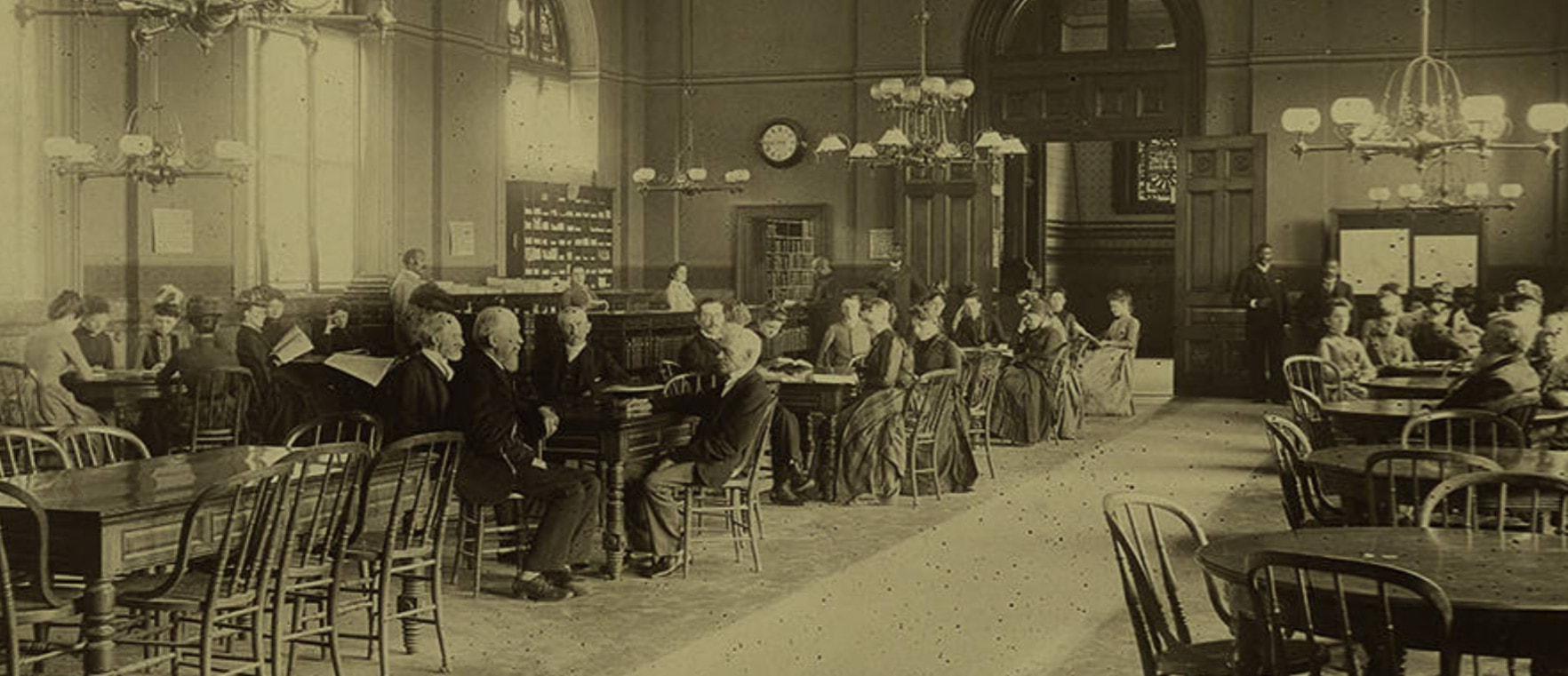
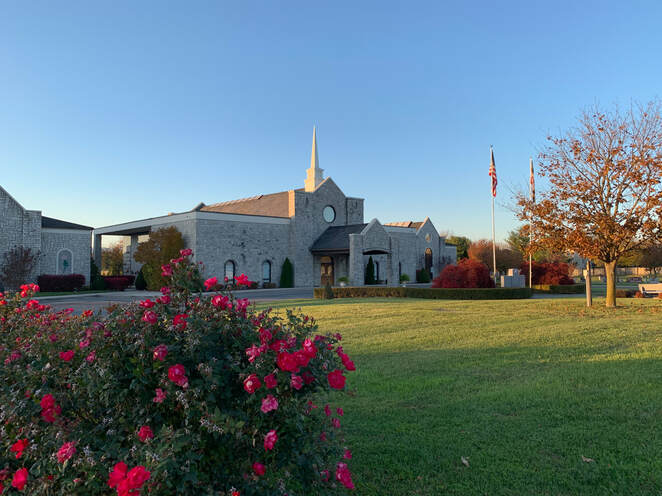
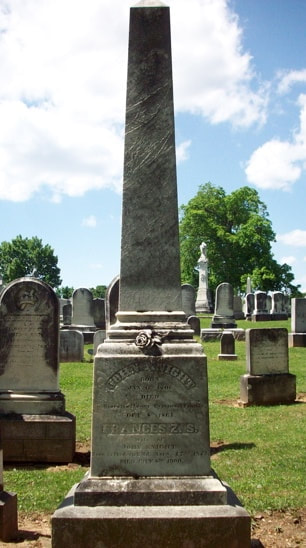
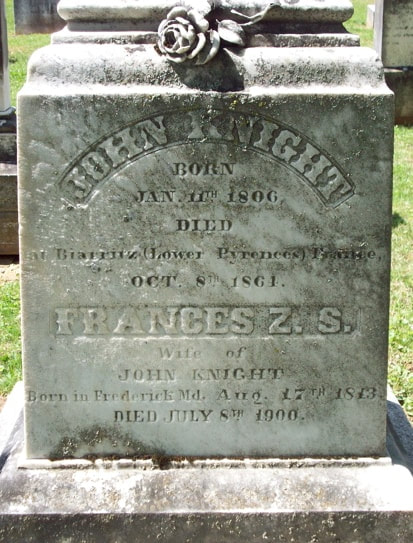
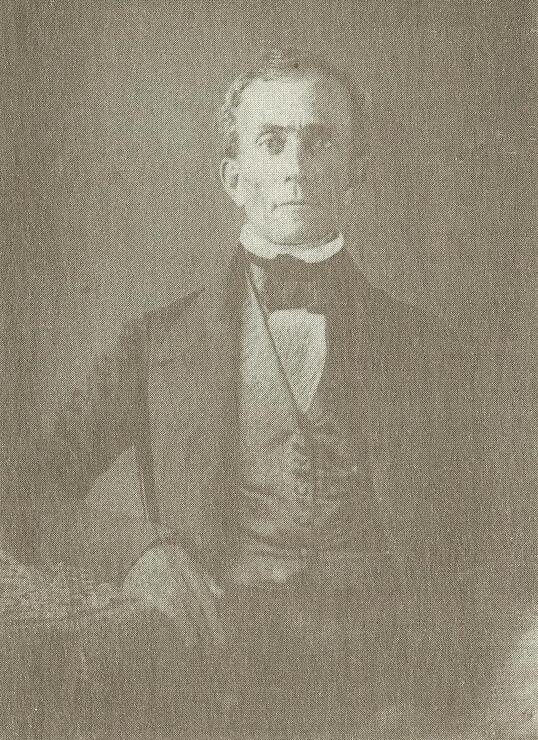
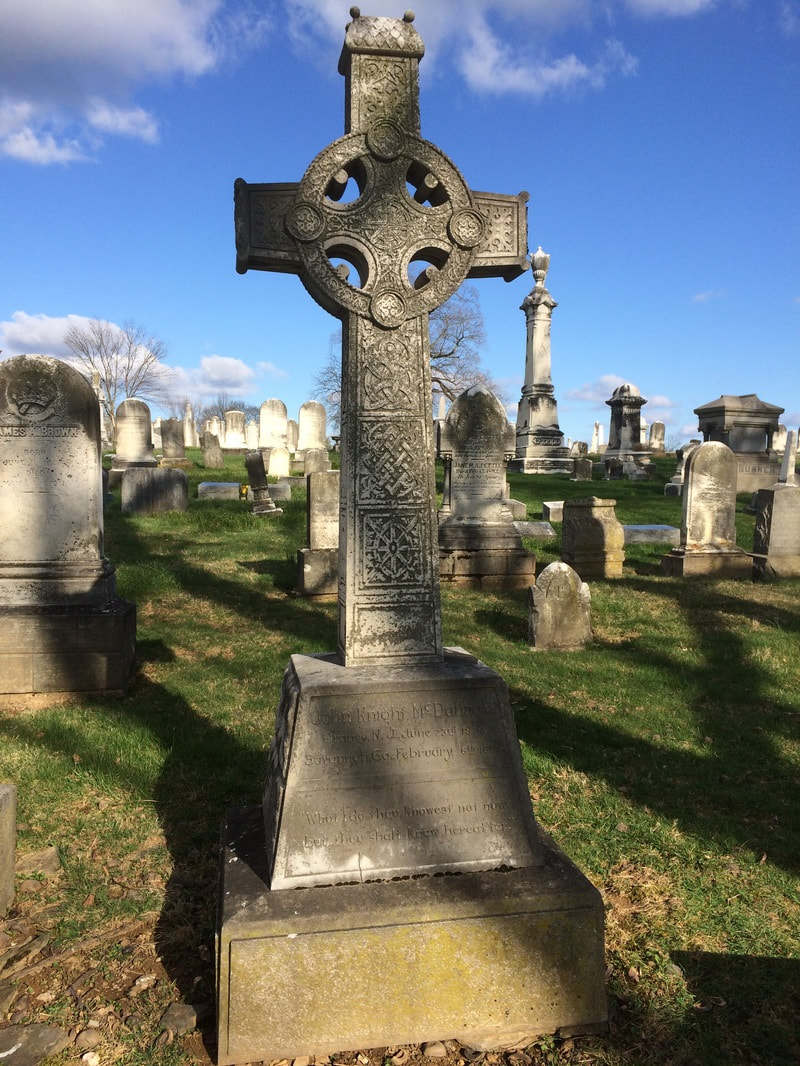
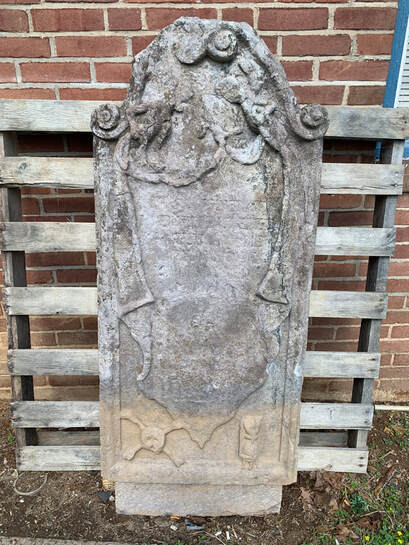
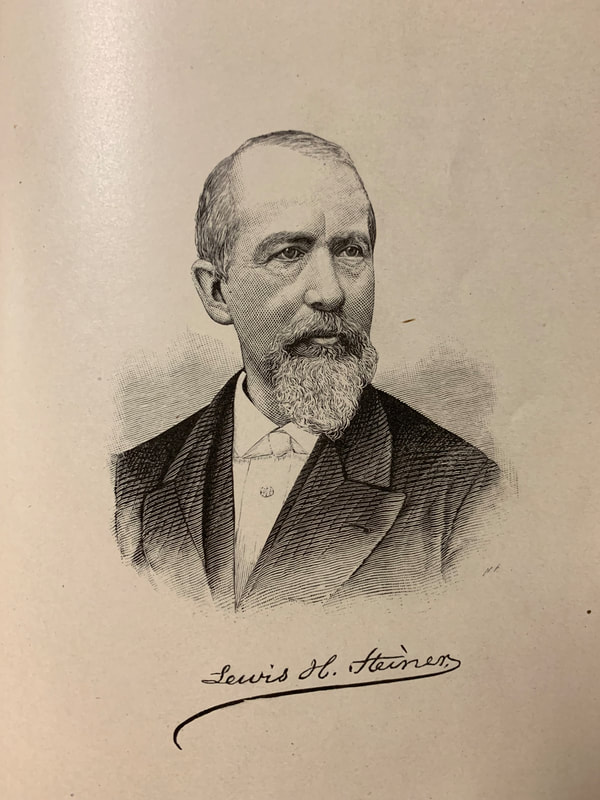
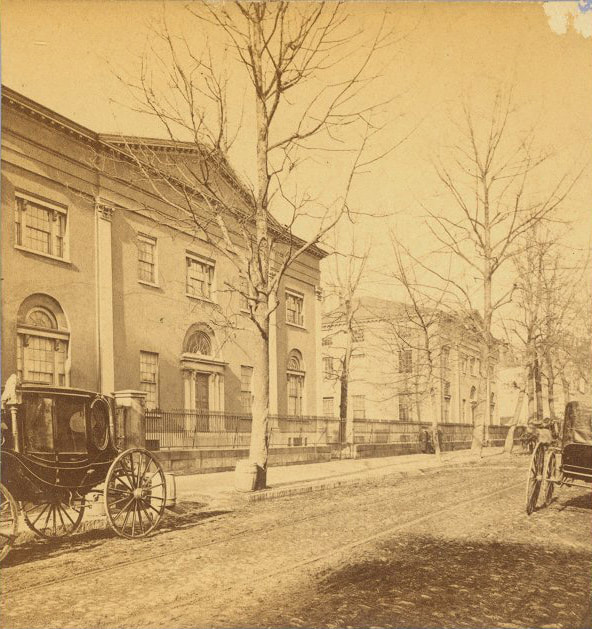
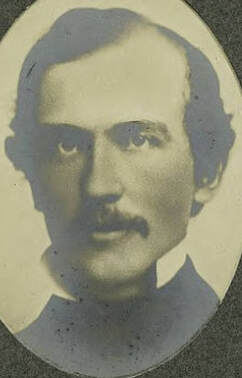


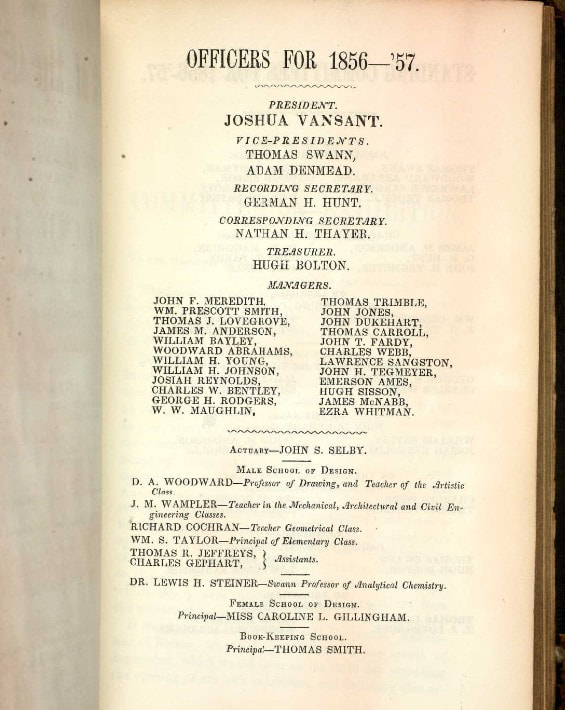
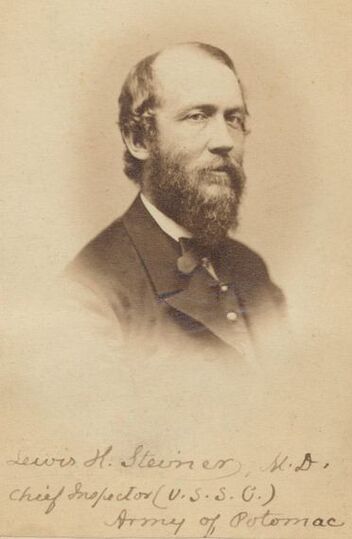
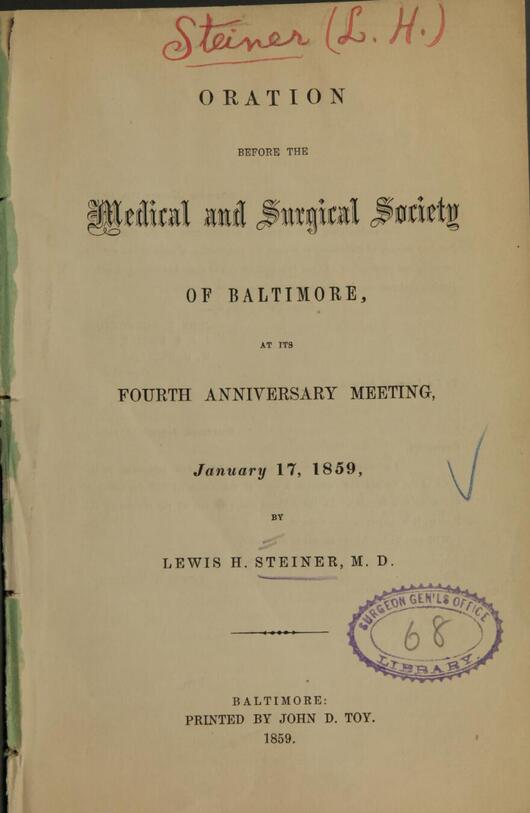
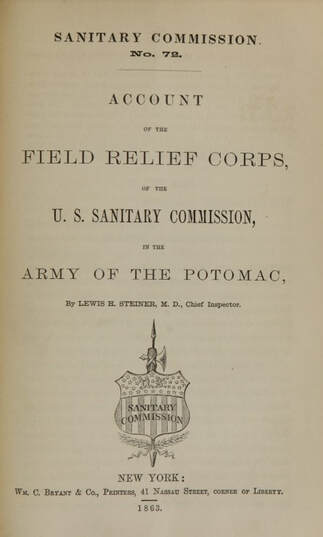

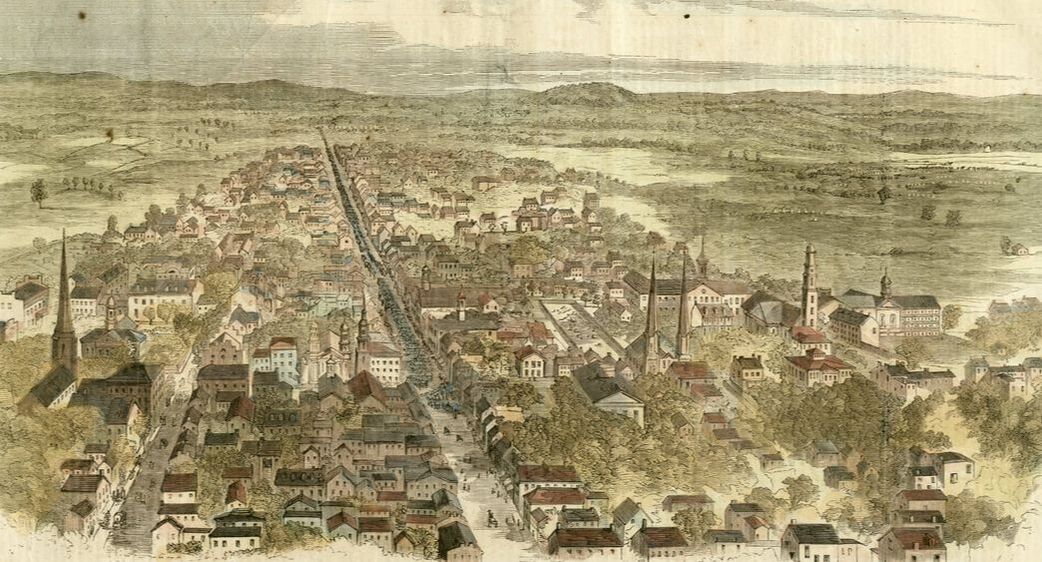
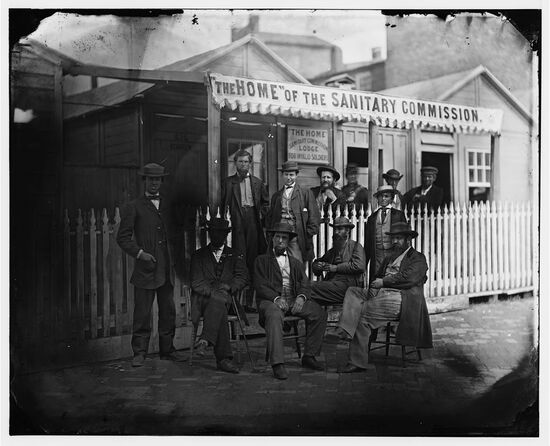
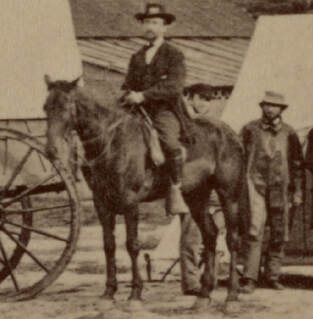
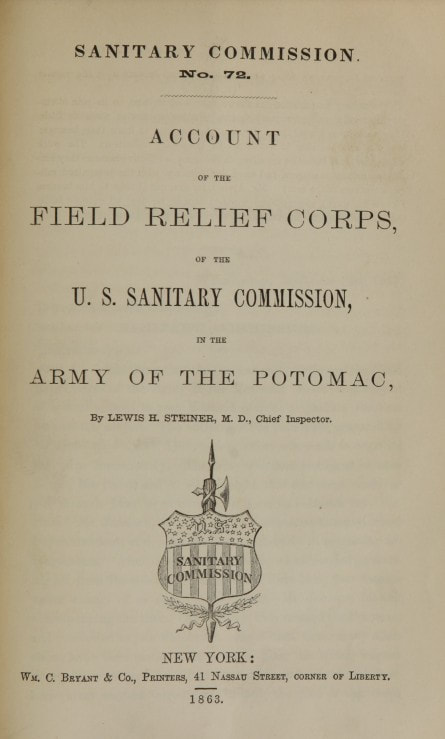
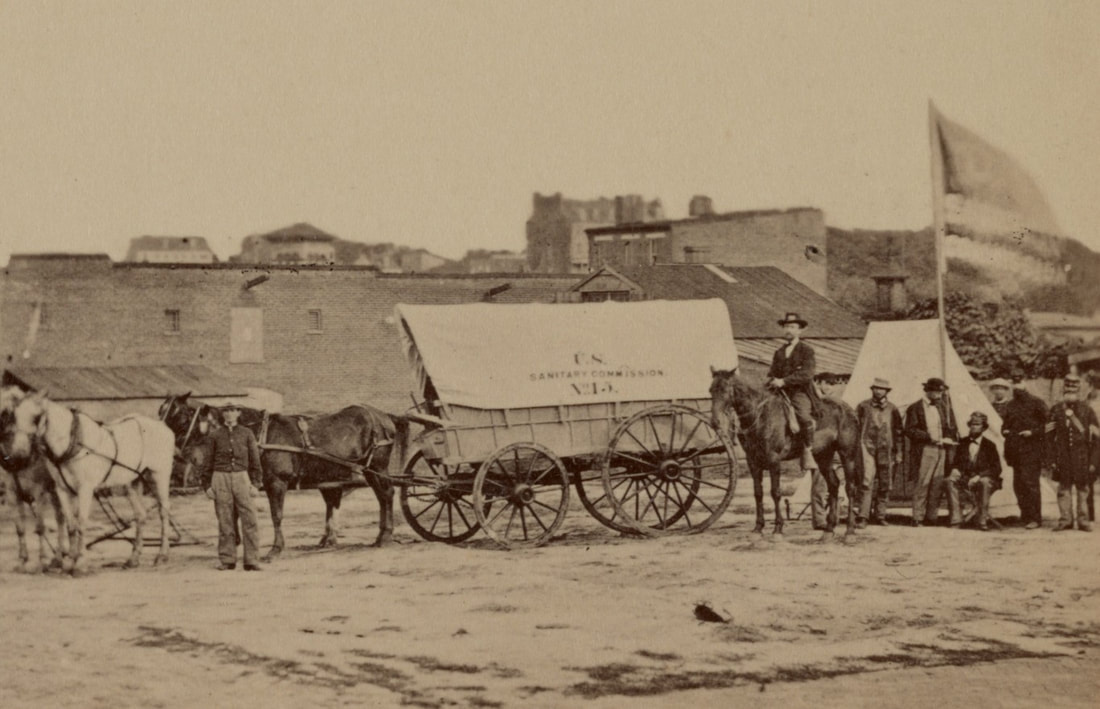
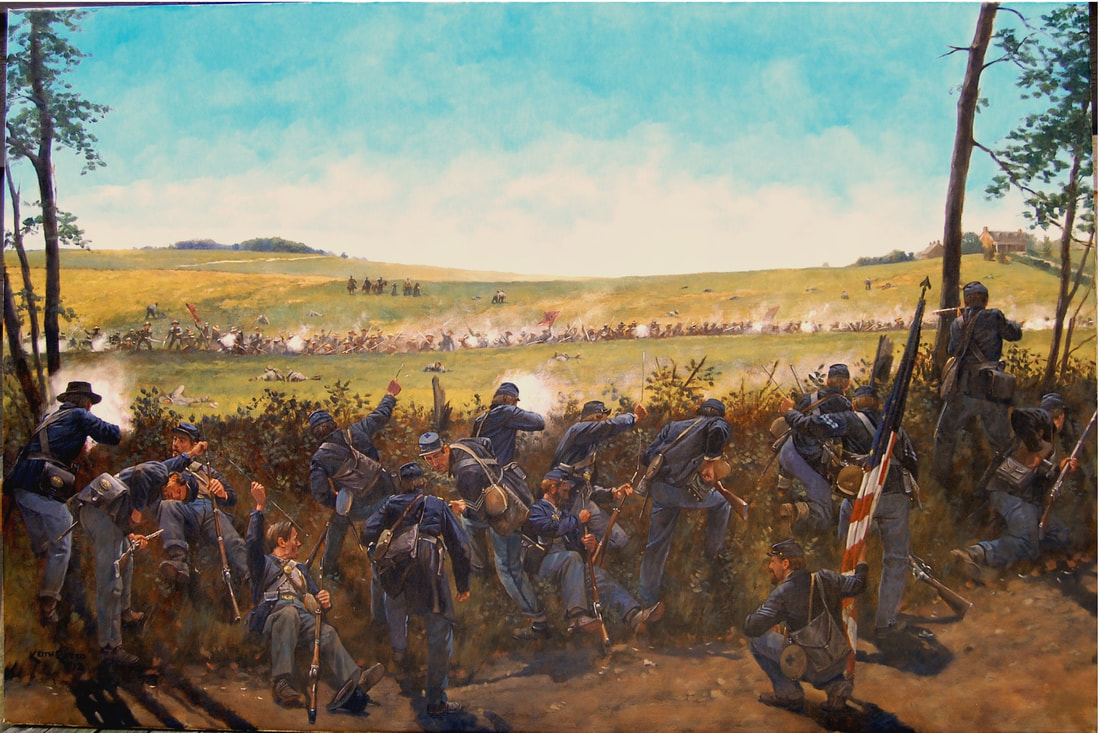
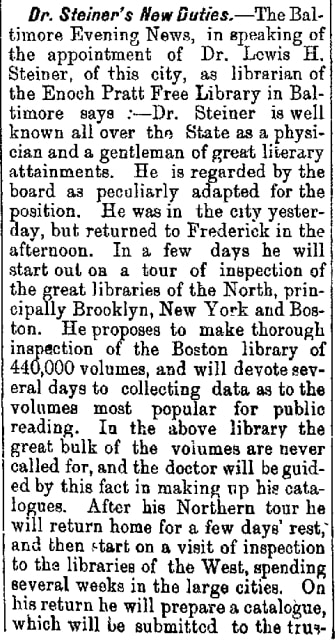
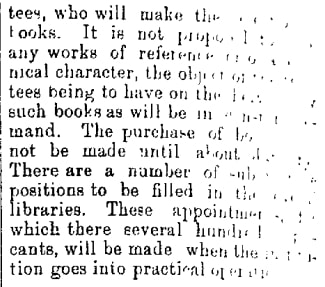
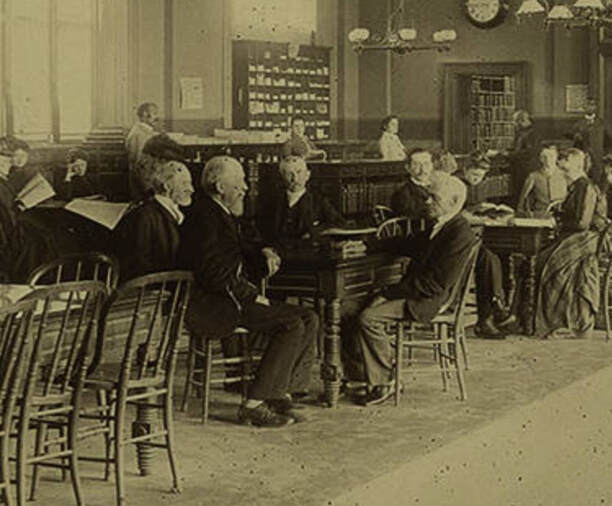
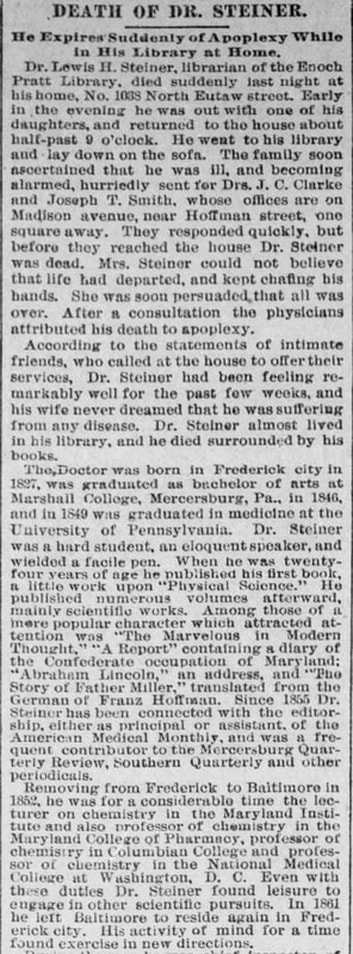
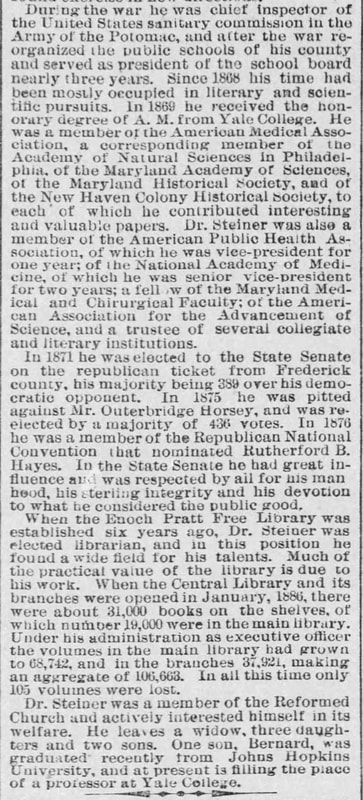
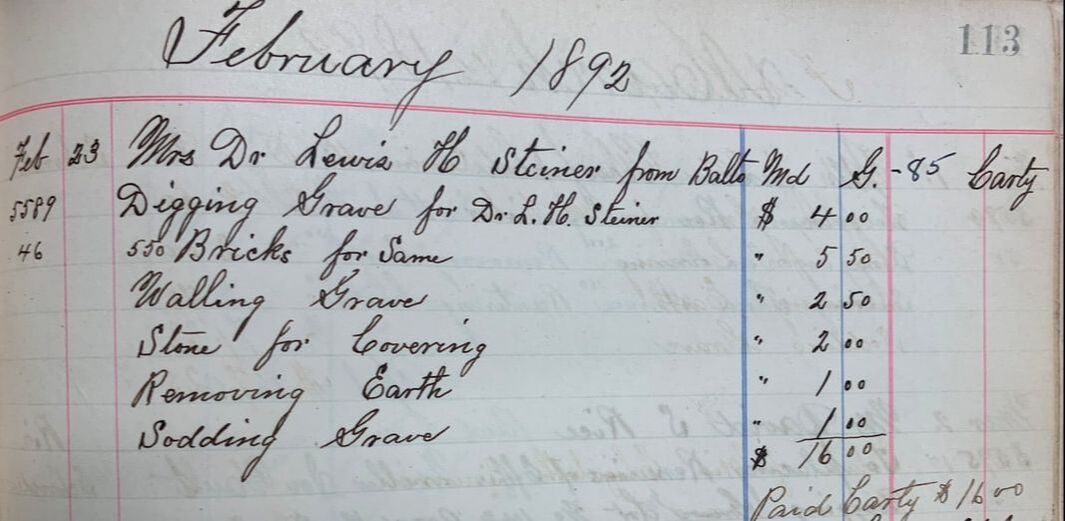
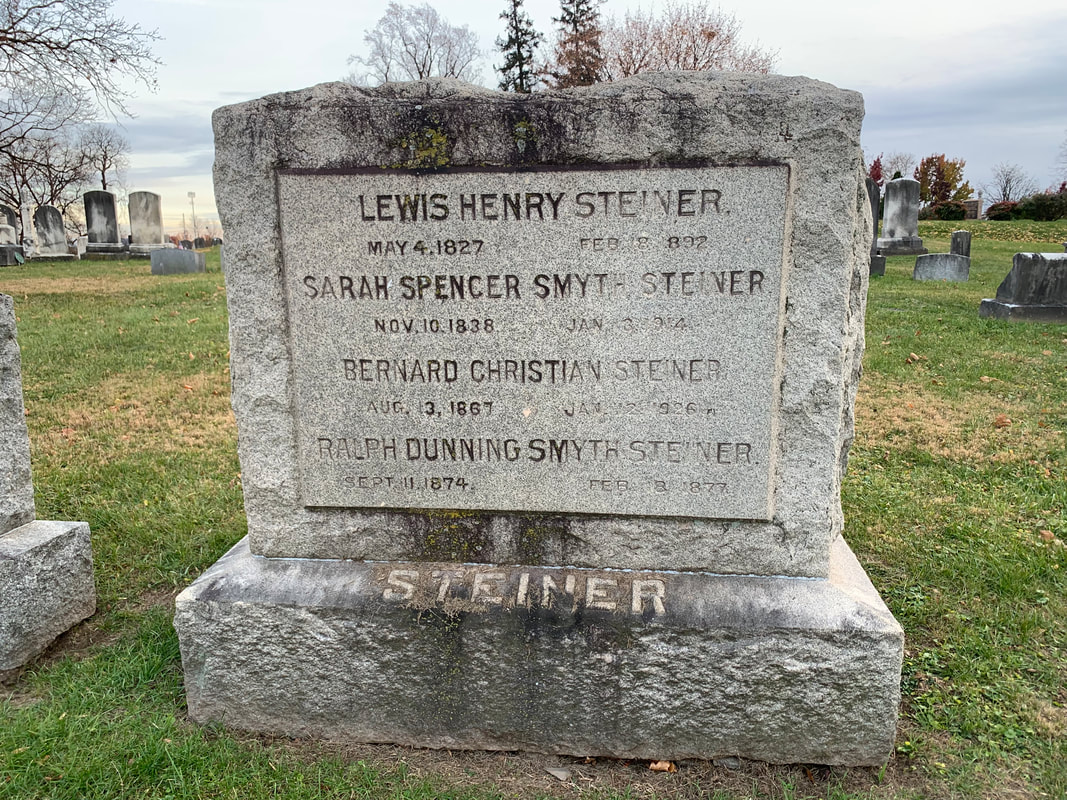
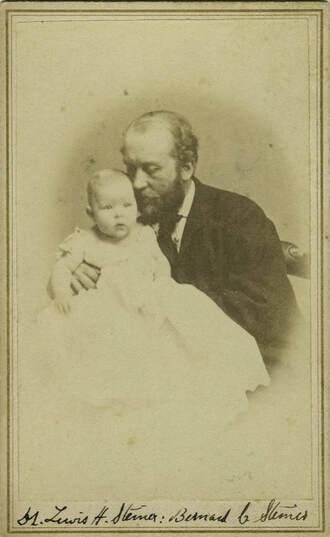
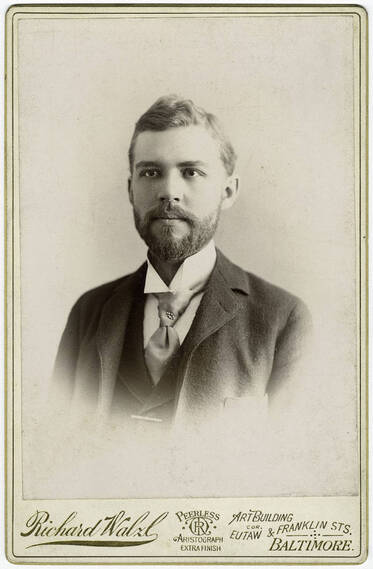
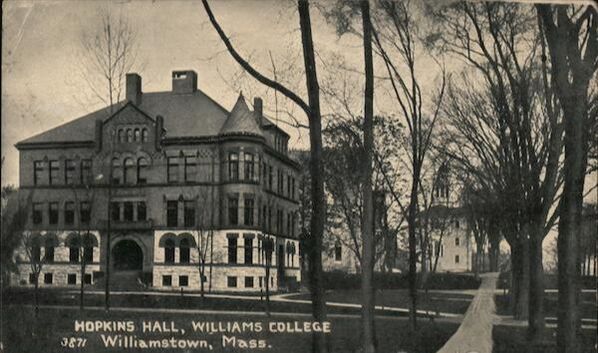
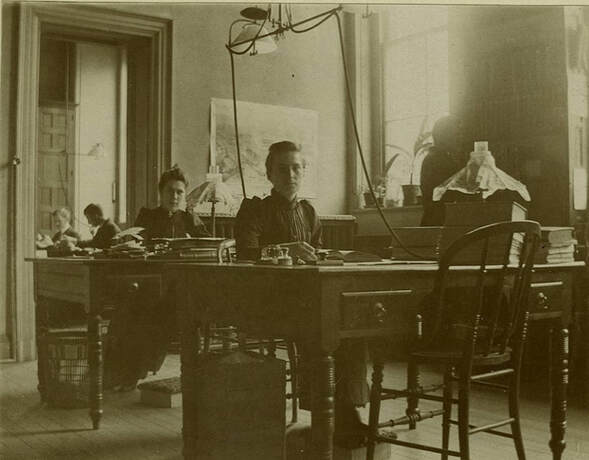
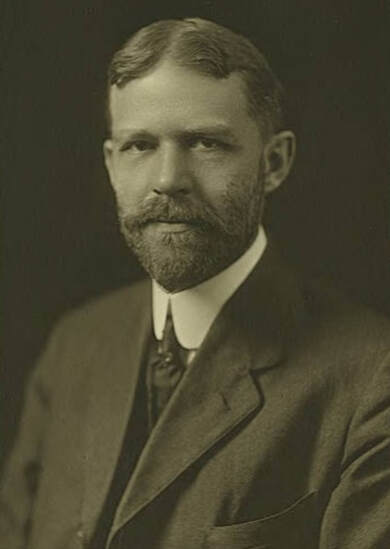

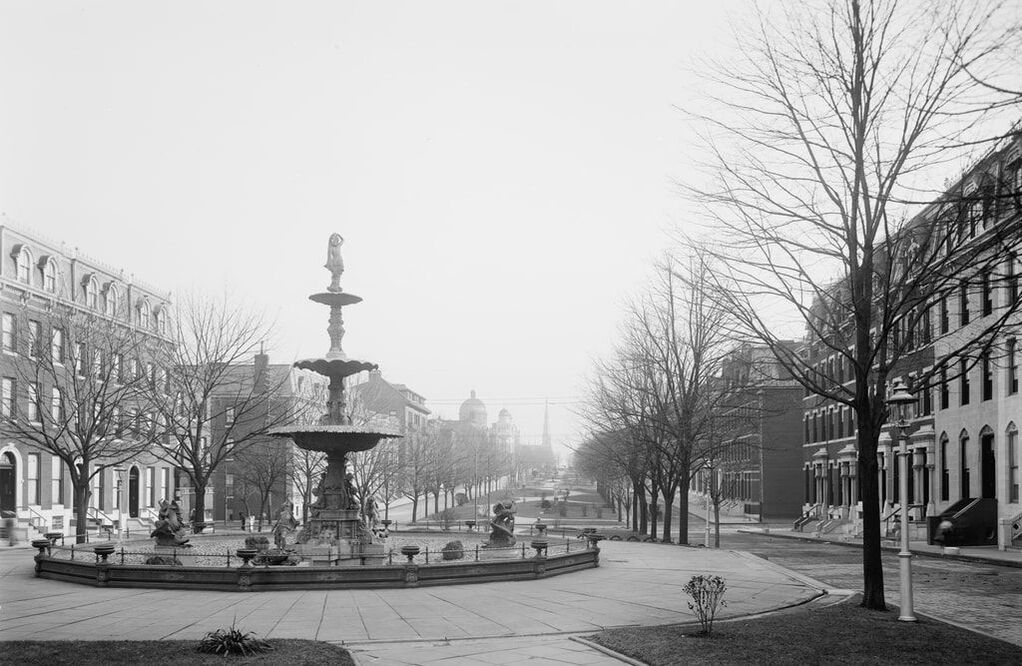
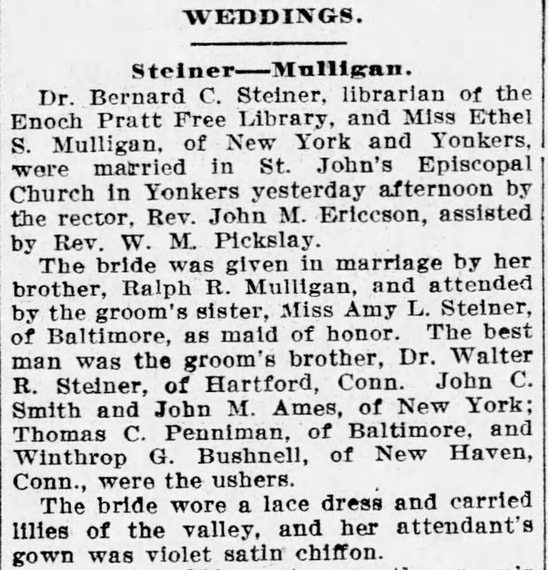
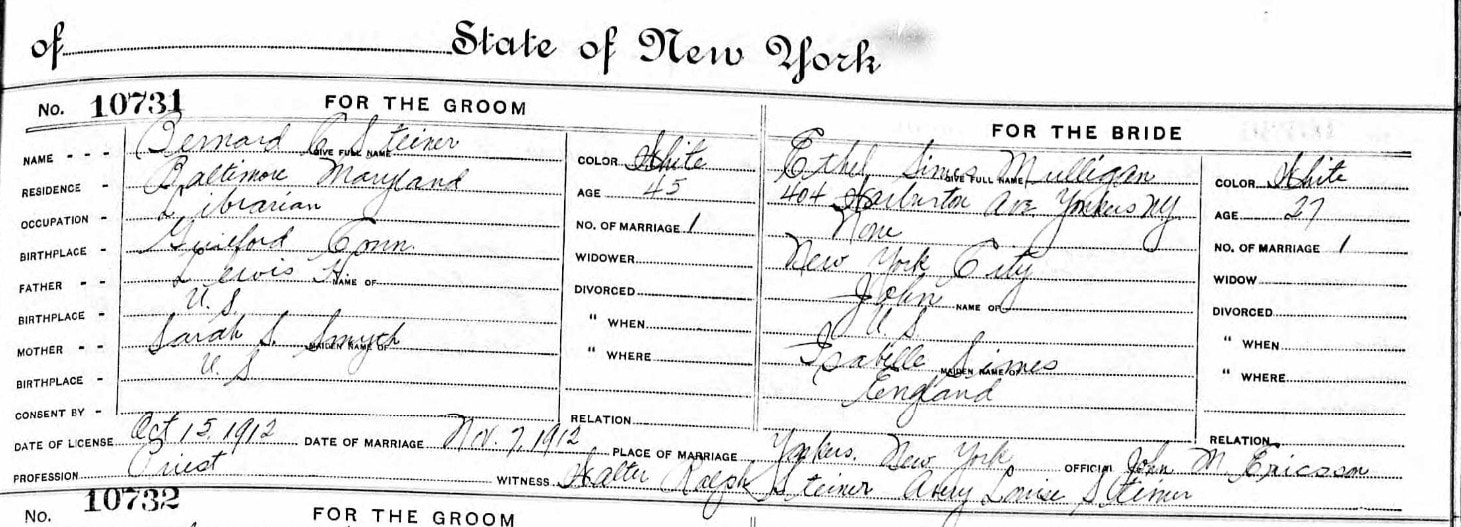
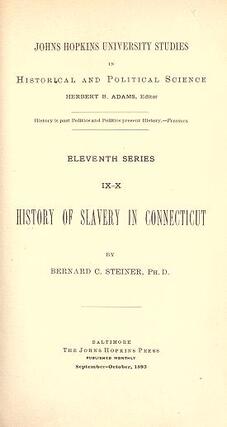
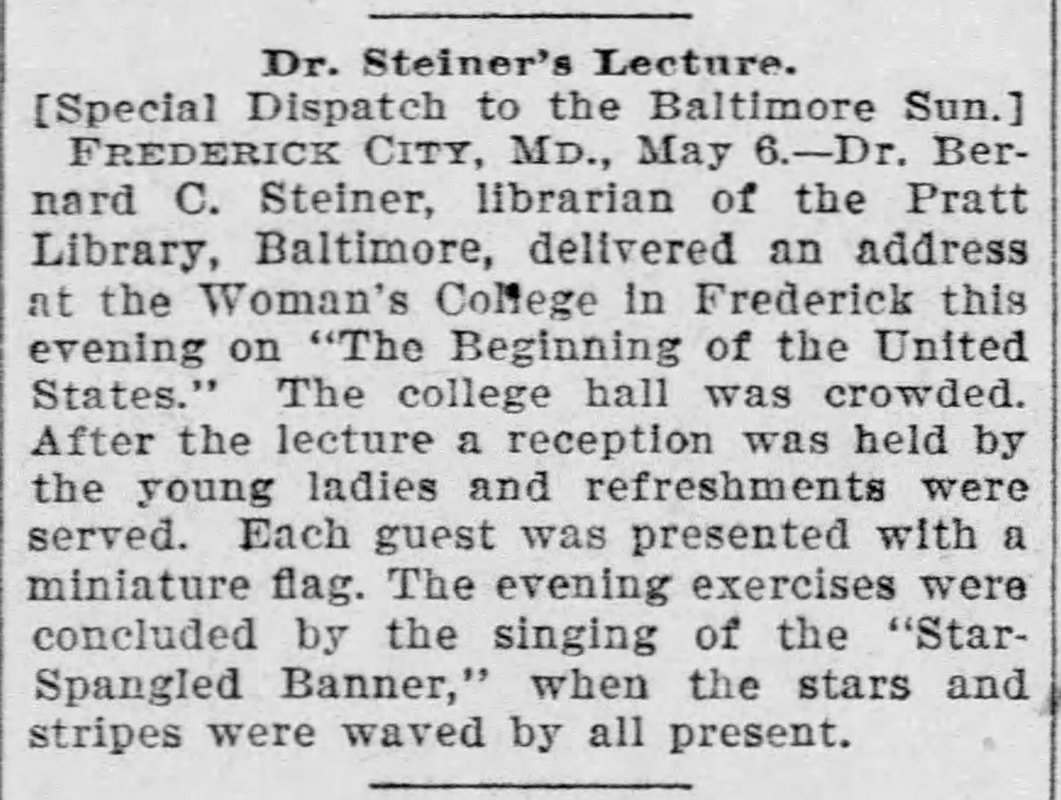
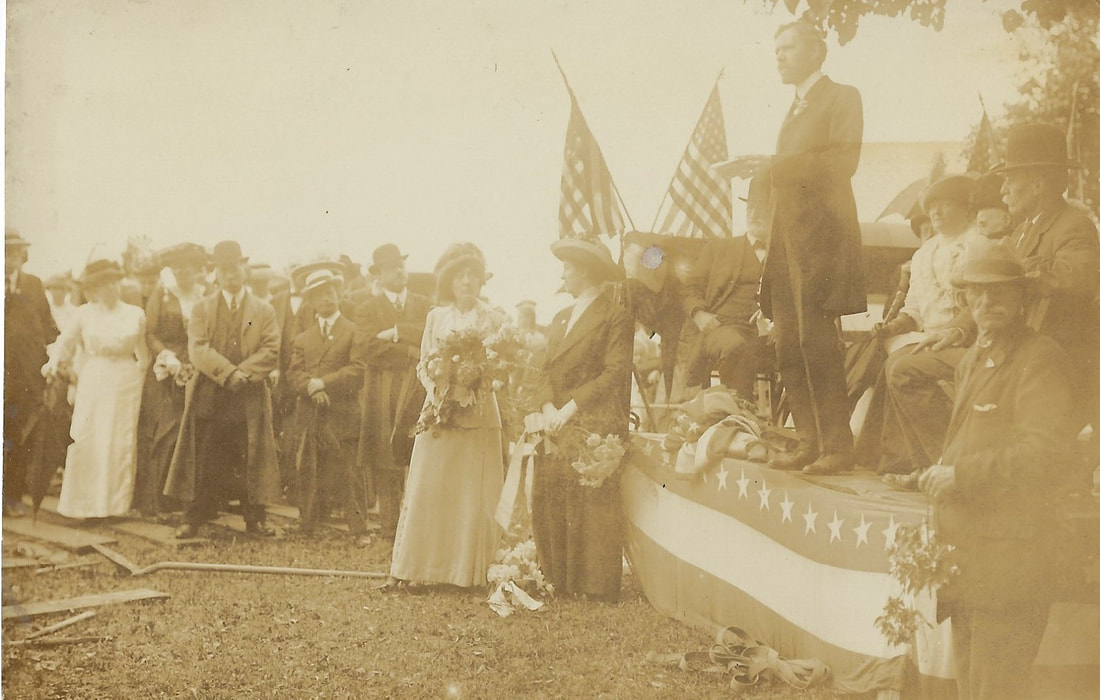


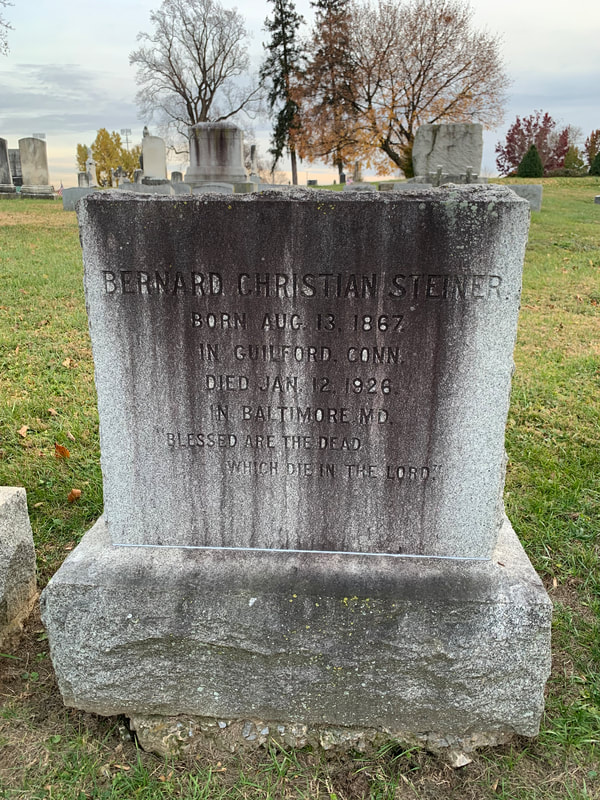
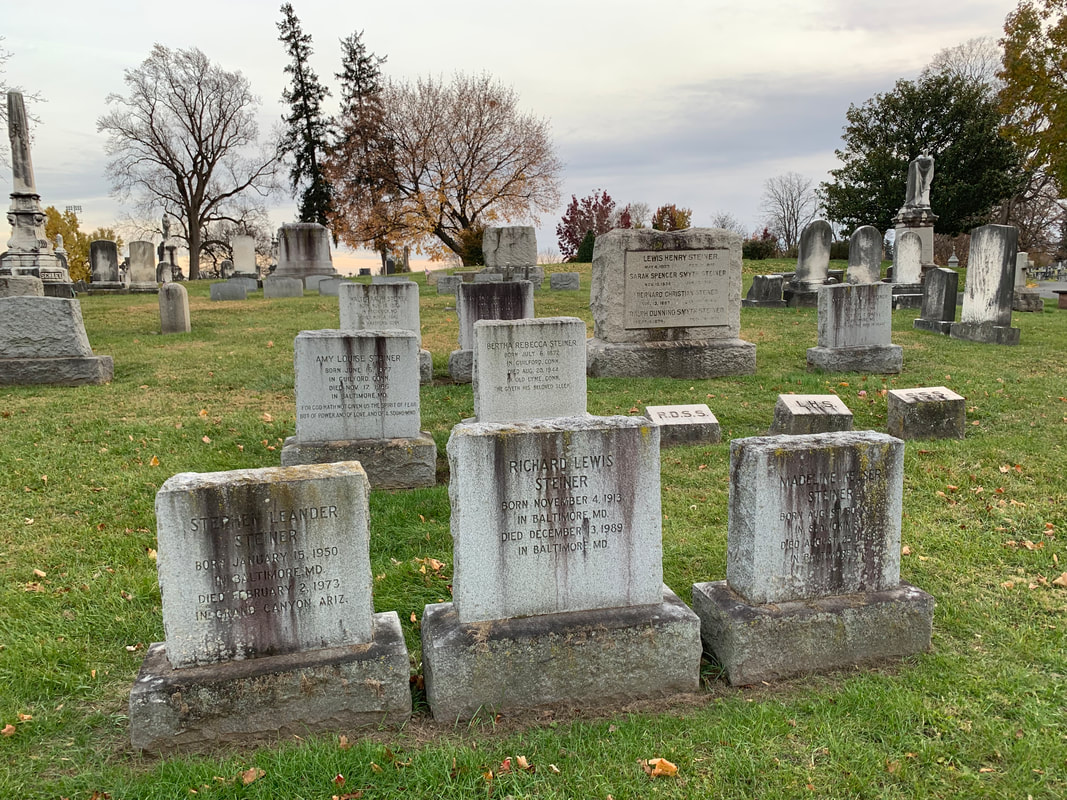
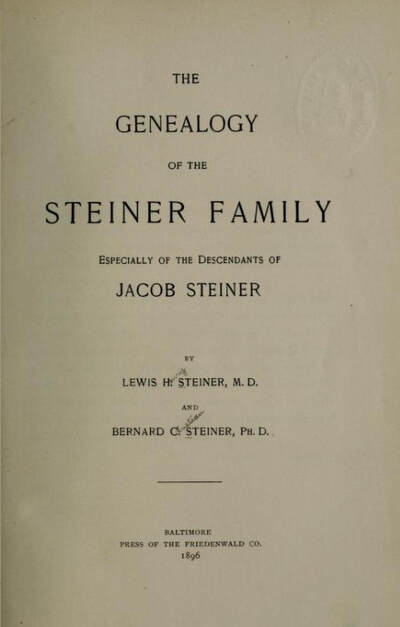
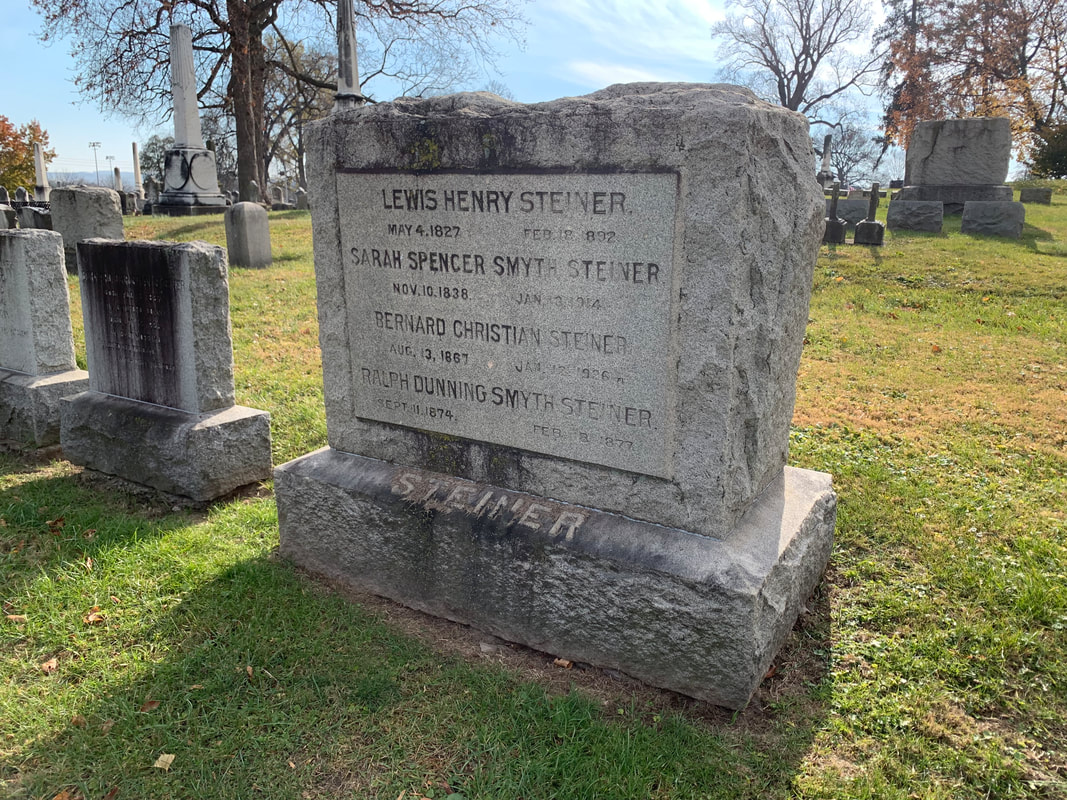
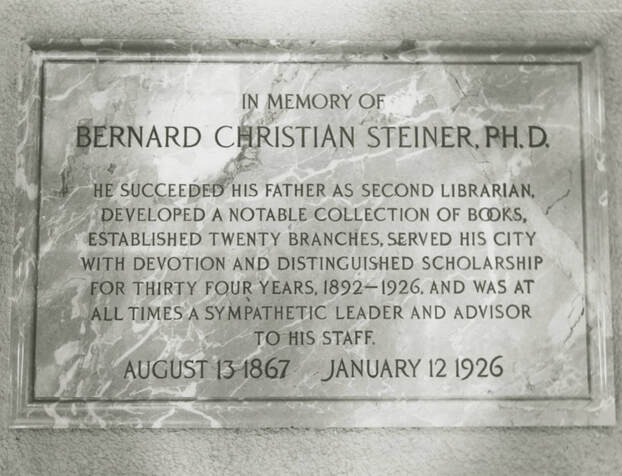
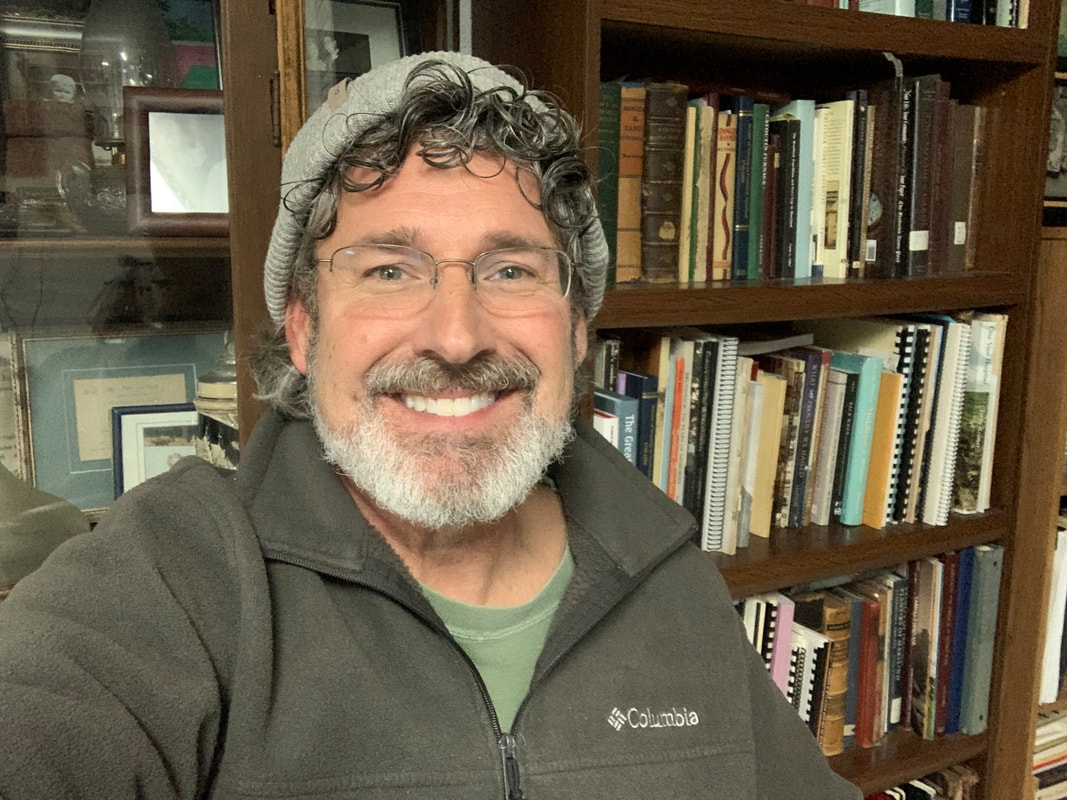
 RSS Feed
RSS Feed